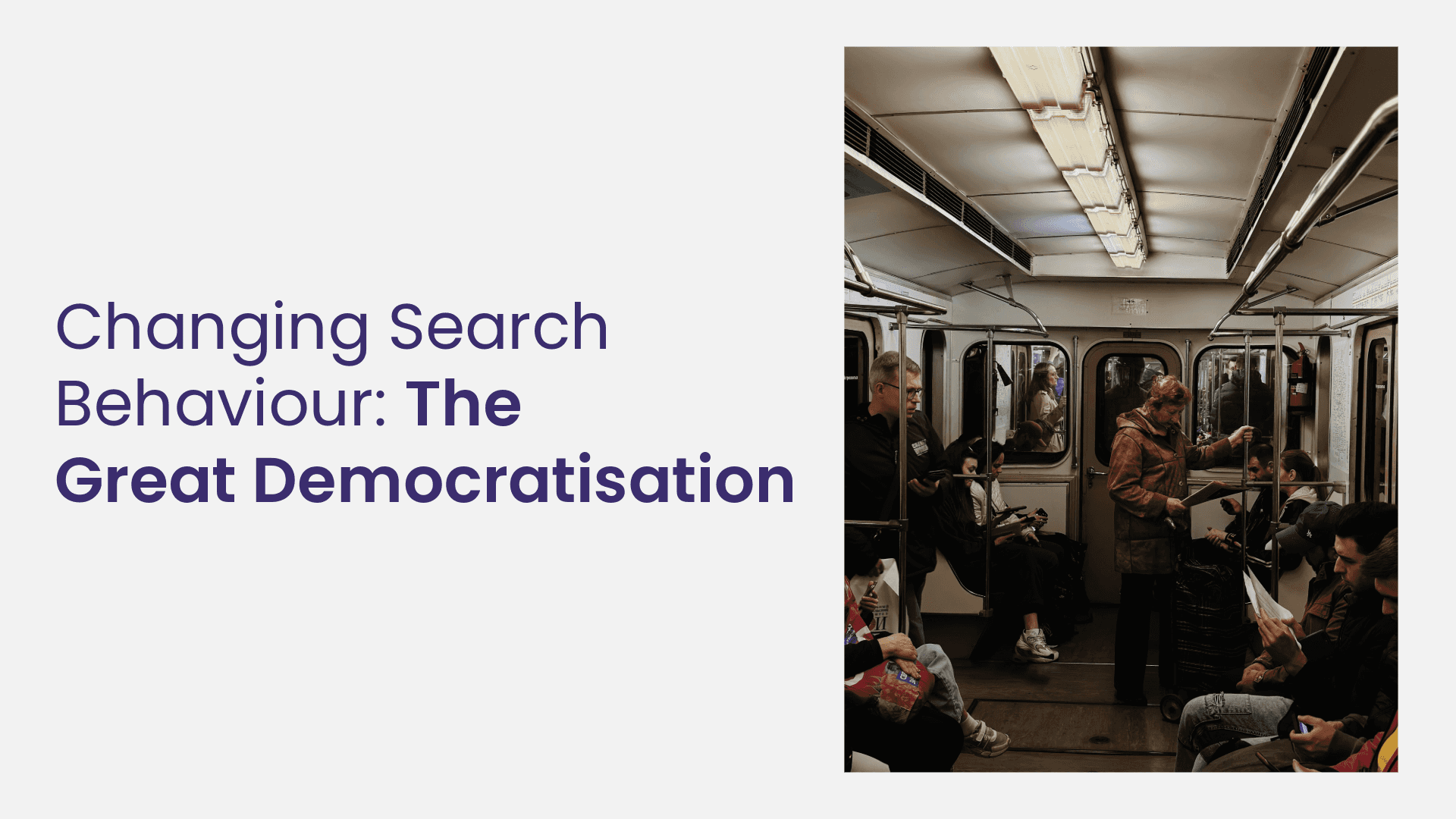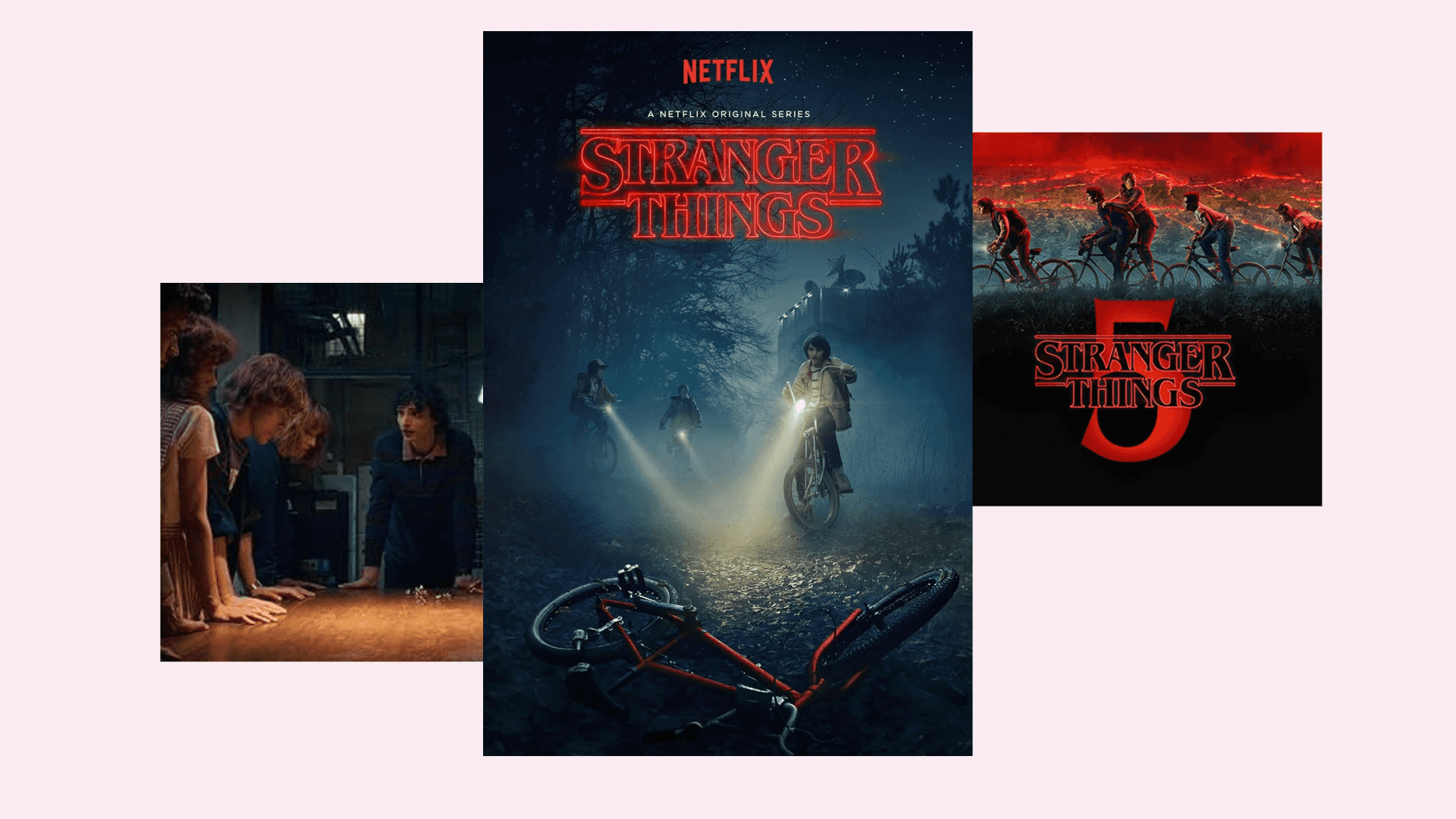
25 Confusing Digital Buzzwords Explained
Written by Lee
The digital industry has become somewhat renowned for its overuse of buzzwords and catch phrases, some of which can be confusing to say the least. For something that’s already playing a crucial role in shaping the future of business, digital marketing can be surprisingly unwelcoming for anyone new to the industry.
If you do a quick Google search you’ll find hundreds of articles shouting about how we need to cut the jargon out of digital. But it seems that no matter how hard we try, these catchphrases just won’t go.
If you’ve ever sat in a meeting wondering what the hell your colleague means when he keeps going on about ‘growth hacking’, there’s no need to worry. We’ve broken down 25 of the most confusing digital buzzwords so you won’t have to find yourself in that situation again.
Growth Hacking
Growth hacking is the process of experimenting with unconventional marketing strategies to identify the most efficient ways to grow a business. In brief, it’s using out-of-the-box growth techniques that will have a significant business impact.
Content
In the digital world, ‘content’ is the information and experiences that are directed towards an end-user or audience. This can be anything from a picture or tweet to a feature-length film or a podcast.
Retargeting
Also known as remarketing, retargeting is a form of online advertising that helps convert bounced traffic after they leave your website. For most websites, only 2% of web traffic converts on the first visit, so this can be a great way to get people with intent to buy down your sales funnel.
Big Data
Big data is a term that describes extremely large data sets that are too big to be measured by traditional data analysis techniques. The data is usually analysed computationally to reveal patterns, trends and associations that can often lead to better decisions and more strategic business moves.
Responsive Design
Responsive web design is a development approach that ensures web pages render well on a range of devices, browsers and screen sizes. This has been an important factor in Google’s search ranking algorithm for the last few years, following its ‘Mobilegeddon’ update.
AI
Artificial Intelligence is the simulation of human intelligence processes by machines, especially computer systems. AI is something that was depicted in a lot of futuristic Sci-Fi movies in the 20th century, but it’s now a reality. Some of the most advanced consumer products that use AI include the likes of Amazon’s Alexa and Google’s Home devices.
Machine Learning
Machine learning is a subset of Artificial Intelligence that often uses statistical techniques to give computers the ability to “learn”, without being explicitly programmed to do so. Whereas AI uses humans to programme and optimise a device, machine learning follows a process in which the device learns independently.
CRM
Customer Relationship Management software allows businesses to manage business relationships and the data and information associated with them in one central place. Some CRM systems, such as Hubspot or Salesforce, also offer marketing dashboards, allowing you to manage your marketing campaigns through one system too.
Integrated Marketing Strategy
Integrated marketing is an approach to create a unified and seamless experience for consumers to interact with a brand. It attempts to integrate all aspects of marketing communication such as inbound, outbound, offline and online, into one central strategy in order to maximise reach.
SEO
Search Engine Optimisation is the process of optimising certain aspects of a website to improve its position in the search rankings. Traditionally, the SEO world was overridden by people using ‘black-hat’ techniques such as keyword-stuffing and link-farming, which resulted in SEO getting a bad reputation. But in recent years, Google has made efforts to clear up the landscape and penalise anyone using these shady tactics.
UX
User Experience is simply the overall experience of someone using a product or service, such as a website, especially in terms of how easy or pleasing it is to use. This is an important consideration for SEOs, and it will only play a more important part in Google’s ranking factors in the years to come.
Micro-Influencer
An influencer is someone who has the power to affect purchase decisions of others because of the way they’re seen by their audience. A micro-influencer is simply an influencer with a smaller following than larger influencers and celebrities, usually with less than 30,000 followers on Instagram.
Algorithm
An algorithm is a process or set of rules to be followed in calculations or other problem-solving operations, typically by a computer. Sites such as Facebook and Twitter use algorithms to work out what content to serve to different users.
Marketing Automation
Marketing Automation is the software that works to automate different marketing processes. Many marketers use this software to automate repetitive tasks such as email marketing or social media content scheduling.
Impression
In the world of social media, impressions simply refer to the number of people that have seen your post. When using paid search techniques, you will often have an option to pay by ‘cost-per-impression’.
ROI
Return on Investment is a performance measure used to evaluate the efficiency of an investment. It measures the amount of return on an investment, relative to the cost of an investment. In marketing, it is often used to measure the most cost-effective tactics for your brand
Optimisation
Optimisation is the action of improving certain aspects of a situation or resource to make the best use of it. Marketers constantly optimise all elements of their strategy, from conversion rates to blog content.
Viral
Describes content, such as a photo, video, or social media post, that quickly spreads across the internet. You probably will have heard people talking about something “going viral” online. Examples of the most well-known viral videos include the ‘Ice Bucket Challenge’ and PSY’s ‘Gangnam Style’.
Thought Leader
An earned title that refers to an accomplished authority in a particular field. In the digital world, thought leaders often use their online presence to spark conversations and discussions within their industries and online communities. Entrepreneurs such as Bill Gates and Richard Branson use the power of blogging to boost their position as thought leaders.
Clickbait
Clickbait content is content that has been created with the purpose of attracting attention and encouraging visitors to click on a link to a particular web page. The title is often misleading and unrelated to the actual content.
Gamification
Gamification involves the application of typical elements of game playing, such as point-scoring or competing with others, to other areas of activity. In digital marketing, experts use gamification to encourage engagement with a product or service.
Millennials
The term ‘Millennials’, or ‘Gen Y’, refers to a person reaching young adulthood at the turn of the 21st century. There are varying dates in which a person is classed as a millennial, depending who you ask. Most researchers typically refer to millennials as someone born between the early 1980s and the late-1990s to early-2000s.
Bought Media
Bought or paid media is a form of online marketing where there is investment to pay for visitors, reach or conversions through a variety of media formats. Online bought media formats include paid search, social advertising and affiliate marketing. But offline formats such as print and TV advertising are also classed as bought media.
Inbound Marketing
As opposed to outbound marketing techniques such as TV advertising or paid media, inbound marketing is a technique in which marketers focus on drawing customers to their products and services via content marketing, social media marketing, SEO and branding.
Wearables
Wearable technology, or ‘wearables’ is nothing more than what it says – technology that you can wear. Smart watches are one of the most common examples of this, but technologies such as wearable tech glasses or smart trainers are becoming increasingly common.
Whilst some of these buzzwords may seem complicated on the surface, when you explore the meaning of them you find that the majority are far from it! The digital revolution is only just starting, and business leaders that don’t adapt will risk being left behind. There’s no better time than now to start your digital business transformation…
Do you have any other digital buzzwords that you’d like explaining? Why not drop a comment below or send us a message on Twitter or Instagram?





